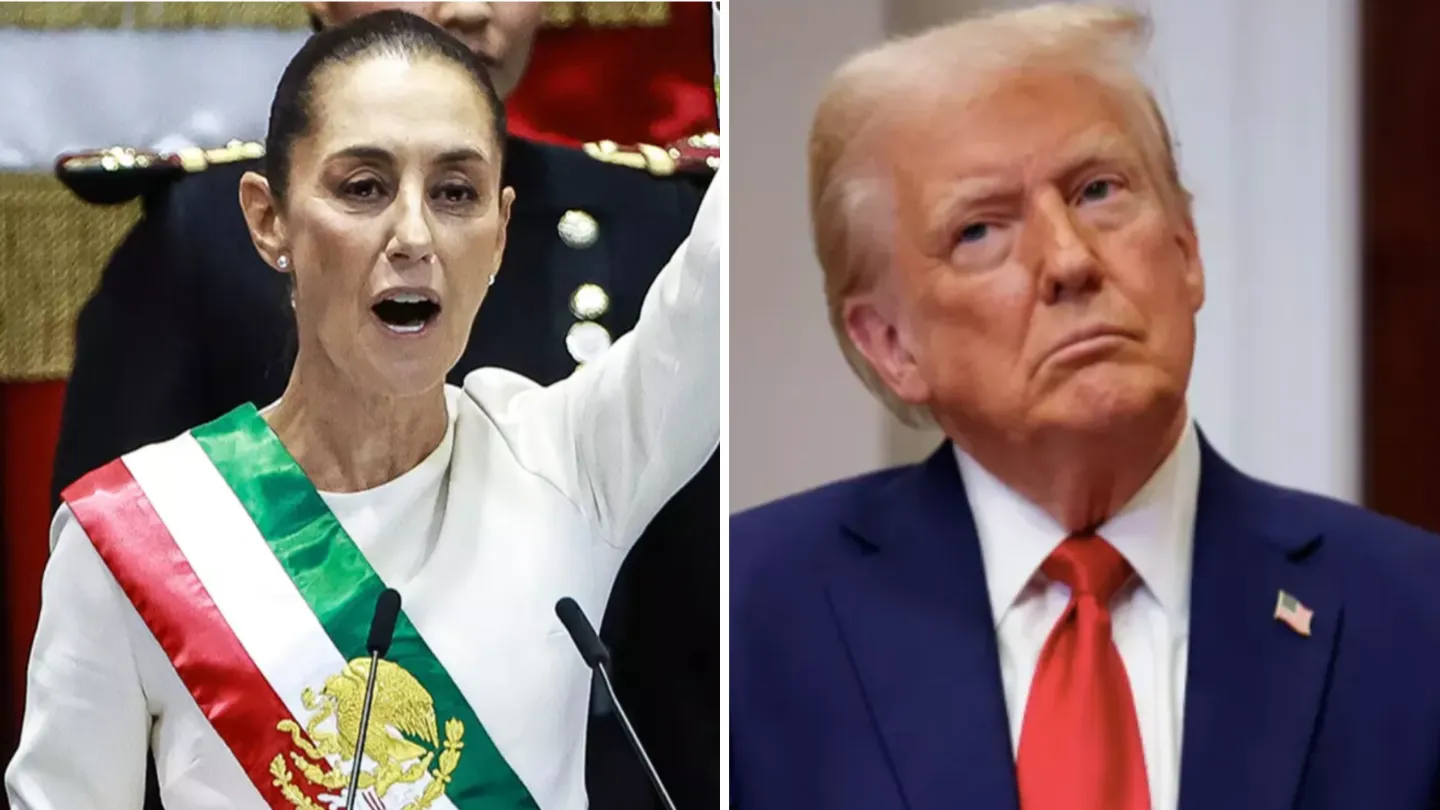In a move that has sparked international debate, U.S. President Donald Trump recently signed an executive order to rename the Gulf of Mexico to the “Gulf of America.”
The presidential order has created political unrest that triggered substantial reactions both from nearby countries and international corporations.
The executive order Emphasizes the gulf’s integral role in America’s early trade and global commerce.
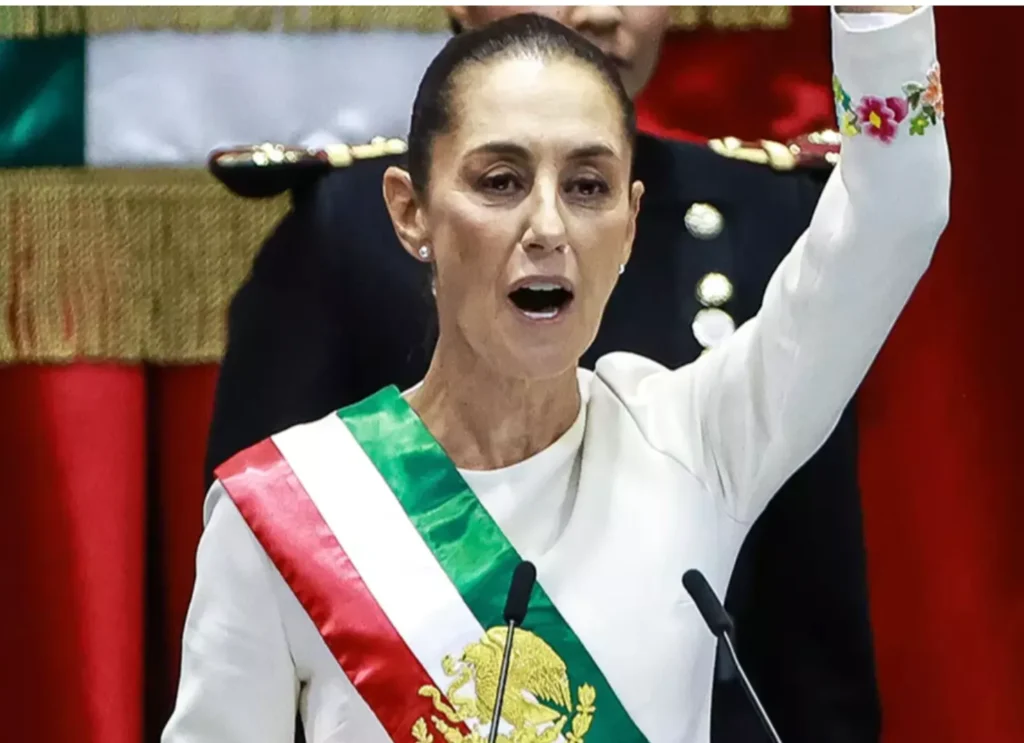
The body of water performs an essential role for America’s initial global trading operations and worldwide exchange activities.
Companies under the direction have started using the new wording in their public materials including Chevron.
In its latest earnings release, Chevron referred to the region as the “Gulf of America,” aligning with the presidential mandate.
Tech giant Google also announced compliance with the order, confirming that users in the U.S. will see “Gulf of America” on its Maps platform.
Meanwhile, those in Mexico will continue to see “Gulf of Mexico” as part of Google’s regional localization policy.
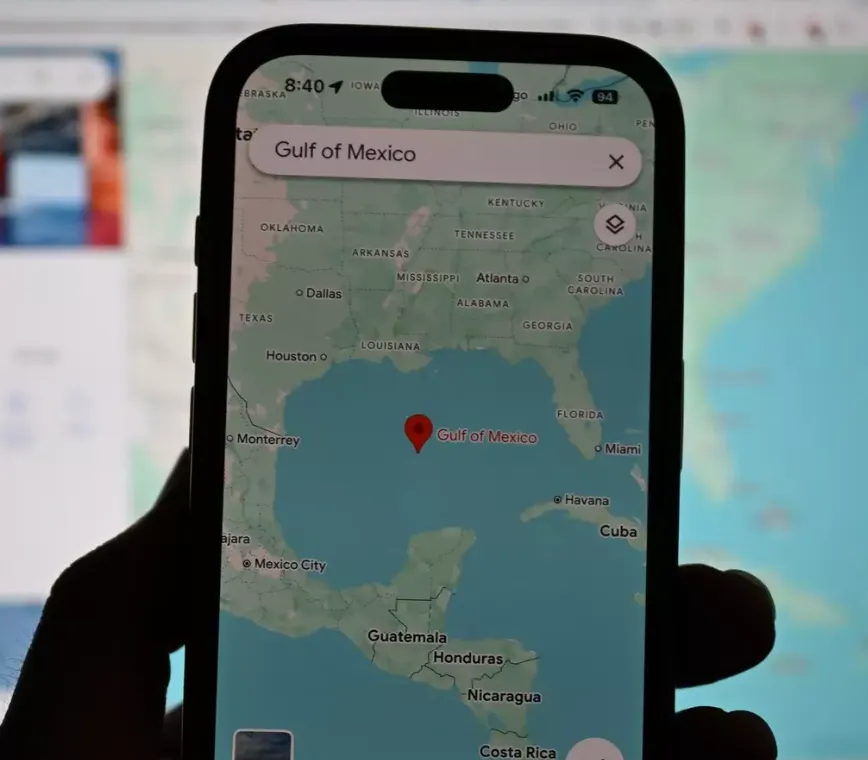
Such mapping practices maintain political and geographical position sensitivity together with global user standardization.
The name change has faced negative reception from people across the United States border.
The Mexican President Claudia Sheinbaum has communicated openly that her government wholly opposes this decision.
Sheinbaum wrote a request to Google pleading with the corporation to keep the platform unaltered.
According to international law Sheinbaum stated a country can only modify maritime names within its legitimate maritime borders.
The ocean jurisdiction of any nation starts from its coastline and extends up to 12 nautical miles away based on maritime regulations.
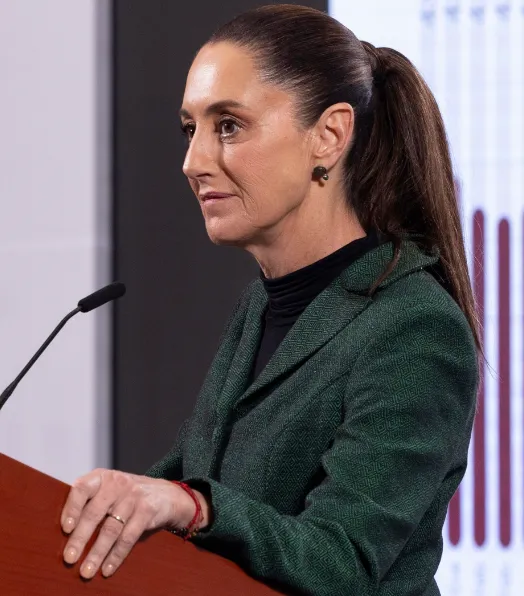
One country cannot change a geographical name throughout the world unless they gain international backing for such changes.
During a recent public meeting President Sheinbaum delivered an ambitious declaration regarding the name change disagreements.
During her presentation she held a 1607 historical map while indicating the regions in the U.S. that Mexico formerly controlled.
Sheinbaum responded with pointed sarcasm to the decision of Trump regarding the location name.
“The United Nations recognizes the name Gulf of Mexico, but next, why don’t we call it Mexican America?” she remarked.
“It sounds nice, doesn’t it?” She added these remarks to put the credibility of the renaming order under question.

Sheinbaum reinforced the extensive historical connection between Mexico and the United States with documentation dating back to early colonial times.
Through these statements Sheinbaum created a powerful ironic tone which expanded the concerns regarding the modifications made to geographical names.
Political and diplomatic tensions about the controversy remain actively in development.
The reclassification of geographical places extends beyond simple vocabulary because it affects national identity and national heritage preservation.
The escalating political discussion about these place name changes will determine future effects on U.S.-Mexican diplomatic relations.
The business approach of regional multinational companies might need adjustment regarding this question.
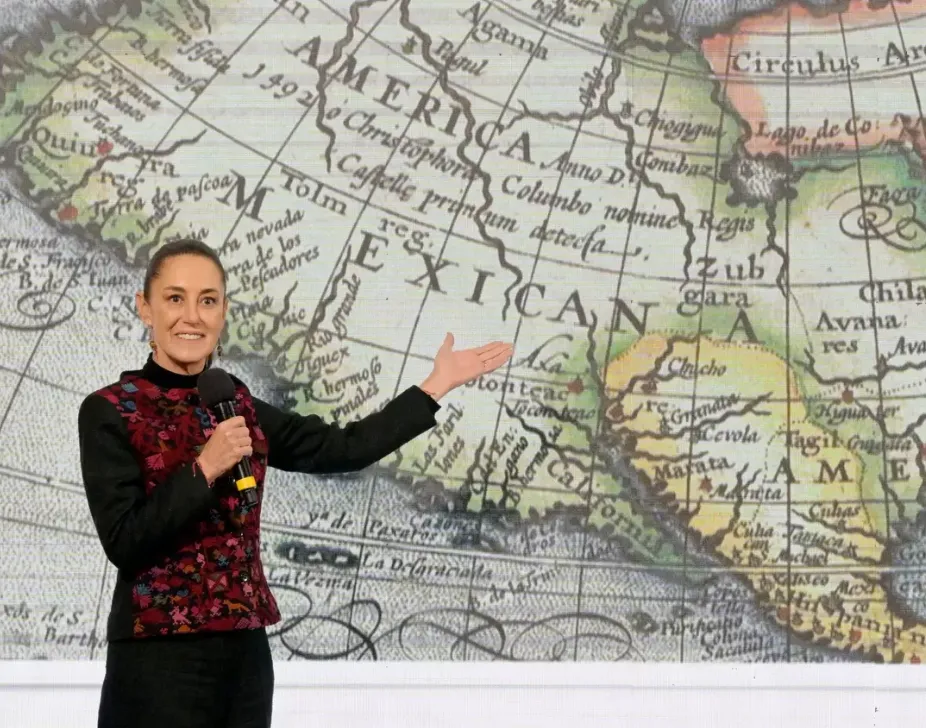
With Sheinbaum’s unexpected counterproposal to rename the U.S. as “Mexican America,” the controversy has taken an unexpected turn.
The recent development shows how delicate the process becomes when attempting to change established geographical names.
Through this proposal Sheinbaum highlights both the effectiveness of names to mold historical records and national identities of nations.
Two countries maintain solid positions awaiting worldwide observation of their ongoing diplomatic dispute.
Feature Image Credit: (Instagram/ @claudia_shein)

